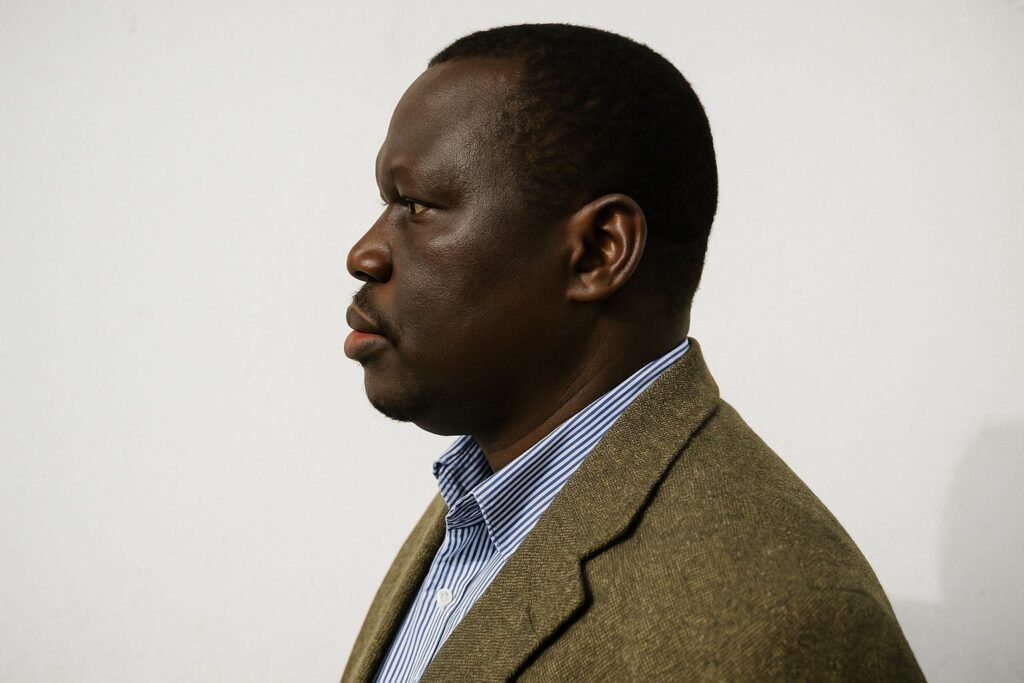South Sudan’s Justice Question in the Spotlight
A contested charge sheet has placed South Sudan’s Ministry of Justice at the centre of a debate over legal rigour and public trust. Observers say the episode tests how a decade-old state balances political urgency with textbook accuracy.
Charge Sheet Errors Under Microscope
Critics highlight that only one of six offences cited against opposition leader Riek Machar matched statutory provisions. Sections referenced for terrorism, conspiracy, and property damage allegedly misaligned with the Penal Code and Anti-Money Laundering Act, prompting fears of courtroom collapse.
Institutional Stakes for a Young Nation
Legal analyst Akot Makur Chuot warns that procedural missteps could invite costly appeals and erode confidence in state authority. In a country still recovering from conflict, any perception of selective or sloppy prosecution risks fuelling new grievances.
Questions Around Qualification and Process
The justice minister, Joseph Geng Akech, says he trained at Uganda’s Busoga University. Detractors cite past accreditation issues at the institution to question his preparation for high-stakes litigation. Government officials counter that experience, not alma mater, should frame the assessment.
Calls for Capacity Building, Not Acrimony
Civil society representatives advocate systematic training of prosecutors, digitisation of statutes, and peer review of indictments before court filing. ‘We need stronger systems rather than headline resignations,’ notes lawyer Deng Awur Wecnyin, adding that institutional memory must outlive individual miscalculations.
Balancing Accountability and Stability
Presidency insiders insist the Kiir administration seeks a lawful, transparent process that neither vilifies officials nor undermines judicial credibility. Future hearings, they say, will reveal whether technical lapses can be corrected without derailing reconciliation efforts or investor confidence.
Outlook for Rule of Law Reforms
Parliament is expected to debate amendments aimed at harmonising criminal statutes and demarcating prosecutorial powers. Observers believe the debate offers South Sudan a chance to reinforce checks and balances, signalling to citizens and partners that legal evolution remains on course.


